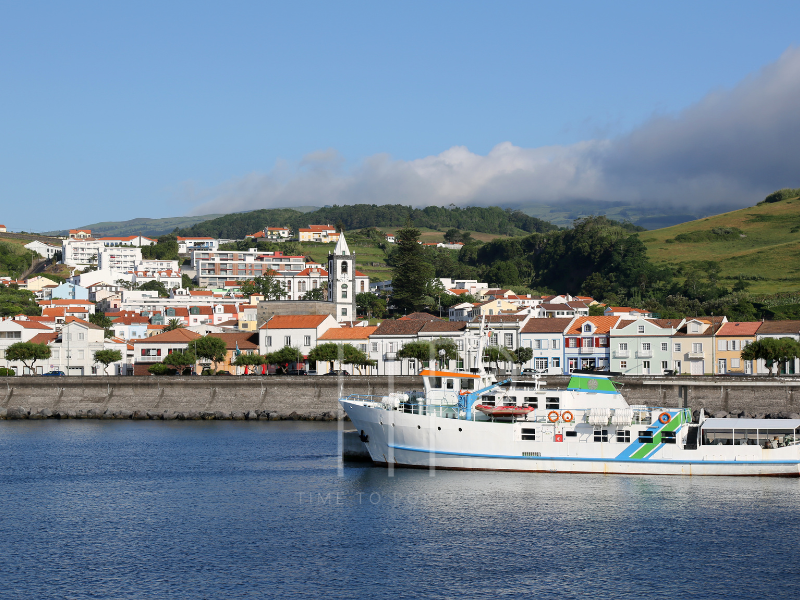Still to be discovered by the rest of the world, the “Hawaii of the Atlantic” has, in addition to tropical forests, black lava beaches and an abundance of wildflowers, great potential to make a mark in the area of sustainable tourism.
On the nine islands of the Azores archipelago, some believe that a new form of profitable ecotourism could be born, inspired by an Icelandic success story – whale watching.
“It makes perfect sense,” confesses entrepreneur Ali Bullock to Forbes, who recently directed his profits from the gin industry to his Ocean Azores Foundation, which is funding a campaign to have the Azores listed as a Whale Heritage Site.
The Azorean waters are a meeting point for more than 20 species of cetaceans, including sperm whales, blue whales, humpback whales and dolphins, especially between April and October.
The great goal of the businessman and former Red Bull and Formula 1 sponsor is for the nine islands to be recognized not only as one of the world’s leading whale-watching destinations, but as the world’s leading sustainable whale-watching destination.
In Iceland, what used to be an economy centered on commercial whaling has become an ecotourism center for observing this beautiful, giant animal.
In the Azores, where whales have not been hunted for almost 50 years, after a moratorium on commercial whaling was issued, the scenario is even more favorable than in Iceland – where the activity, although toned down, is still present.
“The Azores need to sell themselves better. They are a totally unique and magical place,” he says, highlighting, in addition to the whales, the small-scale family-run hotels, adventure tourism companies and quality restaurants on the islands.

